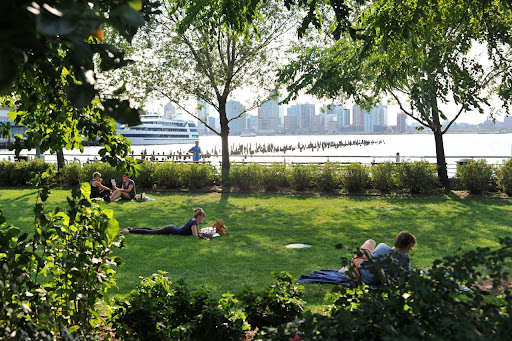Earth, Our Home
 |
| http://thespiritscience.net/2014/11/22/carl-sagan-puts-life-on-earth-in-perspective/ |
This is our home. We only get this one, so we must do
everything in our power to sustain it. Our home is made up of so much diversity
and uniqueness that we should take full advantage of it. The resources that we
have are essential to living a life here, but the way in which we use those
resources may change the direction that our life takes. Our goal should be to
strive to live a life full of adventure, opportunities, and relationships, but
be concerned with doing it in an ecologically friendly manner. Our home is beautiful
and plentiful in all aspects. By recognizing this idea, we should be looking to
preserve the beautiful state of our planet for future generations, so that they
may flourish and live a life that we all have imagined.
The Challenges Ahead
 |
| http://www.esf.org/index.php?id=6198 |
Yes, our home is an awe striking place, but it is facing its
challenges. The choice though is ours. What happens to this world’s environment
is reflected upon how we live our lives. The global partnership is to “care for
Earth and one another or risk the destruction of ourselves and the diversity of
life.” Incorporating the proper education and life-long learning will promote
living a sustainable, ecological life in hopes of those practices and ideas to
be passed on from generation to generation.
Universal Responsibility
 |
| http://www.cwtsavvytraveler.com/2013/05/are-travelers-willing-to-go-green-on-the-road/ |
This section of the Earth Charter helped me to solidify my understanding
that we are a part of more than just ourselves and our immediate surroundings.
We are a part of a bigger picture than we can even imagine at times. Whether we
realize it or not, things that we do here in America, in Fort Myers, can have
an effect on someone else on the other side of the world. We are a linked
together with a moral responsibility to take care of the universe that we
inhabit. We when internalize that idea, all of humanity will be better off, not
just environmentally but socially, economically, and politically. We must care
for our communities with passionate love, and be willing to accept the rewards
and repercussions that come along with our actions.














